In Africa’s largest economy, chronic dollar shortages have put pressure on the naira, as rising cases of oil thefts, coupled with the low participation of offshore investors weaken the liquidity of foreign-denominated currencies in Nigeria’s currency market.
The pursuit of dollars is also aggravated by the fact that foreign investors cannot repatriate their funds.
Local businesses continue to suffer from the shortage of dollars and bureaucratic processes of many Nigerian banks in processing their offshore transactions.
As the CBN halted foreign exchange sales through the bureaux de change last year, supply scarcity exacerbated Naira’s weakness. However, market participants argue that the demand pressure is a reflection of a weak supply in other segments of the FX market
Dangers
Generally, a black market is where foreign currencies are exchanged illegally for naira, through brokers, or “abokis,” as they are called in Nigeria.
The parallel market premium is the difference between the parallel market rate and the official market rate paid by a black-market customer.
A market participant who wants to sell dollars for naira will be paying extra than the official rate. The premium is essentially a “laundering charge” paid by people who are buying dollars but do not have any right to do so.
There are some legitimate reasons why Nigerians access the parallel market but it is crucial to note that the black market is also the place of illicit financial flows, currency rackets, arbitrage and indiscriminate round-tripping.
There are some black-market players who deliberately create shortages of foreign exchange so that people will need to buy from them at a higher rate. Tax-free black markets result in lost revenue for the government.
The underground market exposes several Nigerian citizens to a number of drawbacks, including fraud risk, violence, and theft arbitrarily.
Outlook
- Hence, the parallel-market exchange rate could remain high for some time, even if the likely resumption of foreign exchange sales to bureau de change helps to moderate the Naira’s continuous decline on the parallel market and gradually close the exchange rate differential.
- The wider the gap between the parallel market rate and the official window rate, the more transactions will flow to the parallel market. The more fragmented a market is, the less foreign investors are inclined to participate, as it increases market risk.
- Analysts say the parallel market is small, probably accounting for less than 10% of foreign exchange transactions, but has a significant signalling effect. In the event that the official rate differs significantly from the parallel market rate, people will continue to believe that the Naira will be devalued eventually.
- As well as improving convergence in rates, the central bank might need to actively interfere more in the foreign exchange market again.

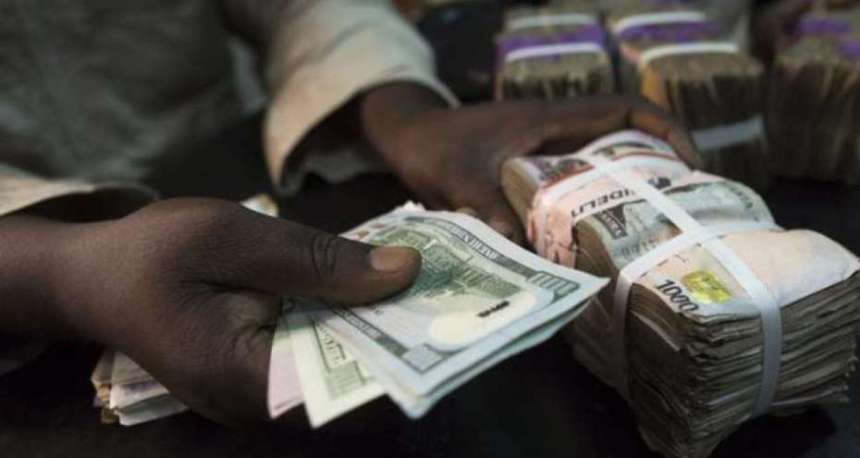









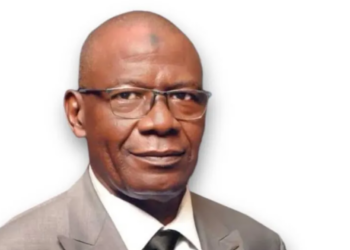
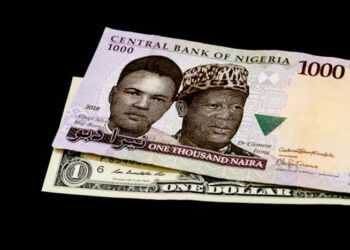
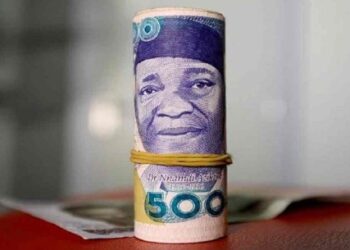
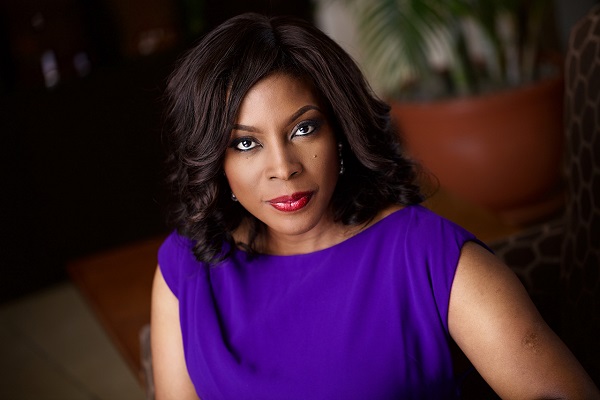










Whao God damn the black market! Anybody can do bureau de change in your own sphere of influence right. You have some dollars someone around can exchange it for naira simple as abc. Gaskiya. There is no rule of the thumb 😕 Let’s stop making a mountain out of a mole hill. Thank you Olumide Adesina😁😘🥰😍🤩✌👍
If you want to find the reason behind any black market look no further than the powers that be. Do you really think those politicians raping the market for personal gain would allow it if it didn’t benefit them? I think you next president will be Gen Lucky! He is positioning himself to take control of your elections. Quite a frightening thing as he will nationalize all commerce, namely your oil. Prayers your beautiful country does bit end as Venezuela has.